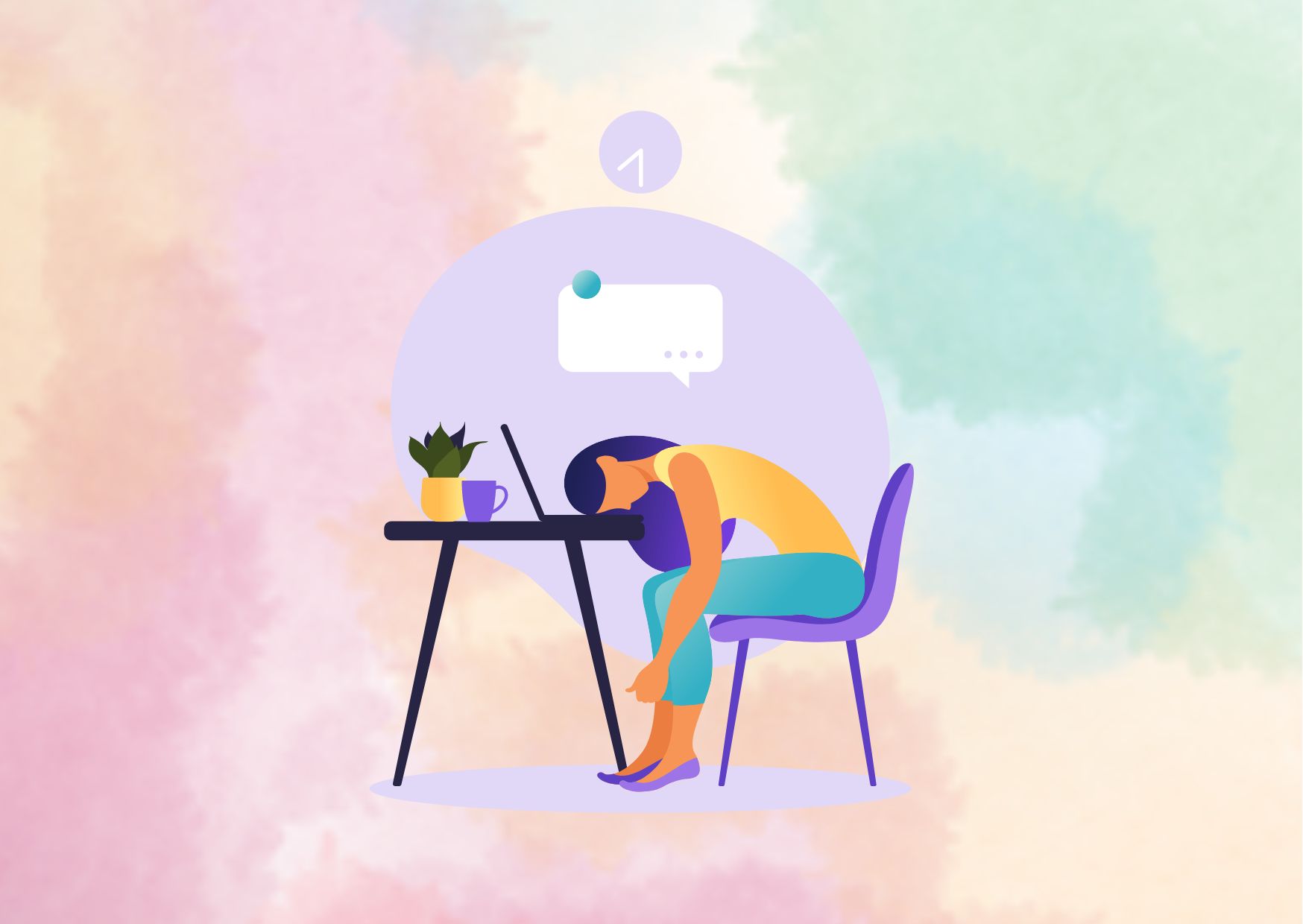What Does Stress Do to Your Body?
Symptoms Presented
The effects of anxiety extend beyond the intellect and can be felt throughout the entire body. Several symptoms that, if you don’t know what’s going on, can seem scary, can be explained by this. Physical symptoms, including a racing heart, are frequently transient. When you develop an understanding of the triggers, make constructive changes, and put new coping mechanisms into practice, they frequently become less intense.
Some, however, have a long lifespan. In this blog, we’ll offer you a quick rundown of the primary physical signs and symptoms that anxiety can cause (along with any curious body sensations), as well as some advice on how to improve your health going forward.
Can Worry Result in Chest Pain?
The heart is a good place to start because it is necessary for almost everything else. As a reaction to stress, anxiety simply gets your body ready to deal with a threat. Because you must choose whether to stay and fight your way through the difficulty or flee and snuggle into your bed with a pint, this response is sometimes referred to as the “fight or flight” response.
If you’re intending to run away, anxiety can lead to tachycardia, which is a fancy phrase for a rapid heartbeat. This floods your body with the oxygen it needs to do so. This is extremely beneficial in the short term, for instance, if you had to escape a burning structure. If your tolerance for stress has been reached and you are experiencing regular palpitations or chest pain, it may be a sign that something is wrong.
Your heart might be significantly impacted by persistent anxiety. Over time, it can weaken the muscles, raise blood pressure, and potentially lead to heart failure and illnesses like coronary disease. If this sounds familiar to you, you should take two actions. See your primary care physician first to make sure your heart is in good shape. Second, arrange a meeting with a licensed professional counselor to begin determining and addressing the problems that are putting you under such severe stress. You should be able to live your life to the fullest because we only get one go at it.
Can Worry Lead to Stomach Discomfort?
Your gastrointestinal tract has a direct connection to your heart. Blood will be diverted away from your stomach and towards the large muscles you need to either combat the threat or flee if your body is preparing the fight or flight reaction. This implies that anxiousness can seriously upset your stomach. Together with the sensation of having butterflies in your stomach and the urge to empty your bladder, nausea is a very frequent side effect of this. After the first moment of flight or fight has gone, worry might still cause gastrointestinal problems. Your body may suddenly become more ravenous and seek food with 11/10 urgency, or it may have completely vanished and you can’t imagine anything worse.
Your stomach can feel like it’s in knots. If this sensation persists, you can experience problems including constipation, diarrhea, or bloating. There is a substantial correlation between gut health and mental health, and new studies on this topic are constantly being published. Professional counselors frequently inquire about lifestyle for this reason. You will rapidly realize that diet and exercise have enormous advantages for both your body and mind because nothing in the human body occurs in a vacuum.
We’ll assist you in getting back to normal because life is too short to spend it feeling unpleasant.
Does insomnia result from anxiety?
Few things in life are more enjoyable than a restful night’s sleep. It’s fantastic to tuck yourself between the covers, get comfortable, drift off to an amazing dream, and then wake up gently without feeling hurried.
